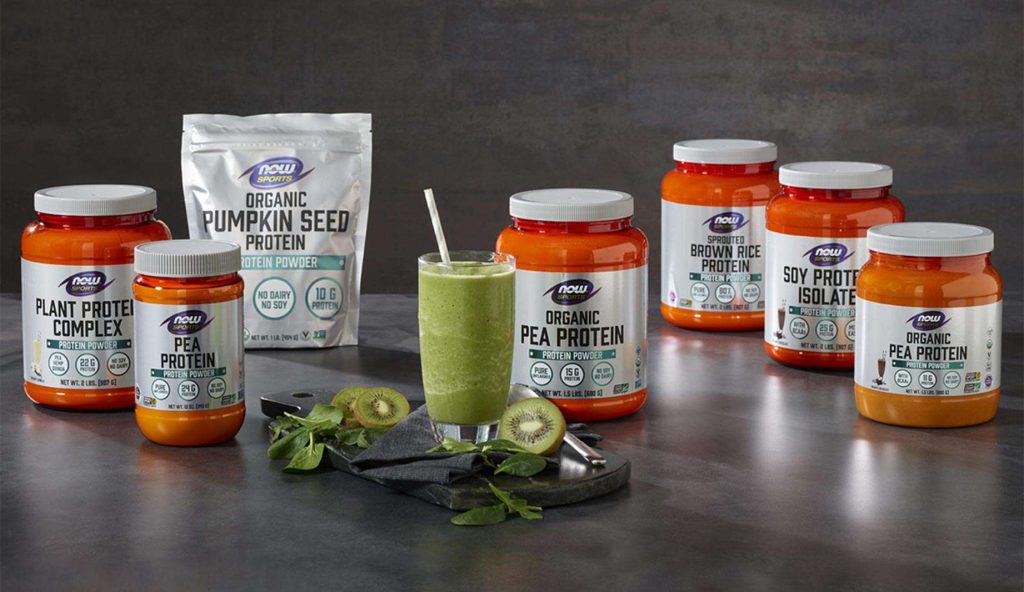Proper hydration is essential for all athletes to perform at their best. Water is critical for the proper functioning of the body, especially during exercise when the body is losing water through sweat. While water is the most important fluid for hydration, athletes need to consider more than just drinking water to stay properly hydrated.
When it comes to hydration, athletes need to consider their fluid intake before, during, and after exercise. Before exercise, it’s important to start off properly hydrated by drinking enough water throughout the day. The American Council on Exercise recommends drinking 17 to 20 ounces of water 2 to 3 hours before exercise, and another 8 ounces 20 to 30 minutes before exercise. If you are exercising for longer than 60 minutes or it’s hot and humid, you may need to consume more fluids before exercise.
During exercise, athletes need to continue to drink fluids to replenish what the body loses through sweat. Water is usually sufficient for exercise lasting less than an hour, but for longer duration or intense exercise, sports drinks can be beneficial. Sports drinks contain electrolytes like sodium and potassium, which help replace the electrolytes lost through sweat.
After exercise, it’s important to continue hydrating to replace the fluids lost during the workout. The American College of Sports Medicine recommends athletes drink 16 to 24 ounces of fluid for every pound of body weight lost during exercise. Rehydrating with fluids that contain electrolytes can help restore the body’s fluid and electrolyte balance.
In addition to drinking water and sports drinks, athletes can also consider hydrating foods to help stay properly hydrated. Fruits and vegetables like watermelon, cucumbers, and strawberries have high water content and can help contribute to overall hydration. Eating these foods along with drinking fluids can help athletes stay hydrated throughout the day.
Another important aspect of hydration for athletes is considering the timing of fluid intake. It’s important to start hydrating before exercise, continue to drink fluids during exercise, and replenish lost fluids after exercise. Consistent fluid intake throughout the day can help prevent dehydration and optimize performance.
Overhydration can also be a concern for athletes, especially during endurance events like marathons or triathlons. Drinking too much water without replacing electrolytes can lead to a condition called hyponatremia, where the sodium levels in the blood become dangerously low. Symptoms of hyponatremia include headache, nausea, vomiting, and confusion. To prevent hyponatremia, athletes should drink a sports drink or consume electrolyte-rich foods during prolonged exercise.
In addition to water and sports drinks, athletes can also consider other beverages to help stay properly hydrated. Milk, coconut water, and herbal teas can all contribute to overall fluid intake and provide additional nutrients. Milk is a good source of protein and calcium, while coconut water is high in potassium and magnesium. Herbal teas like chamomile or peppermint can be hydrating and provide antioxidants.
Overall, proper hydration is essential for athletes to perform at their best. Drinking water is important, but athletes also need to consider other fluids and foods to stay properly hydrated. Starting off hydrated, drinking fluids during exercise, and replenishing lost fluids after exercise are all important aspects of a comprehensive hydration strategy. By staying properly hydrated, athletes can optimize performance, prevent dehydration, and support overall health and well-being.

